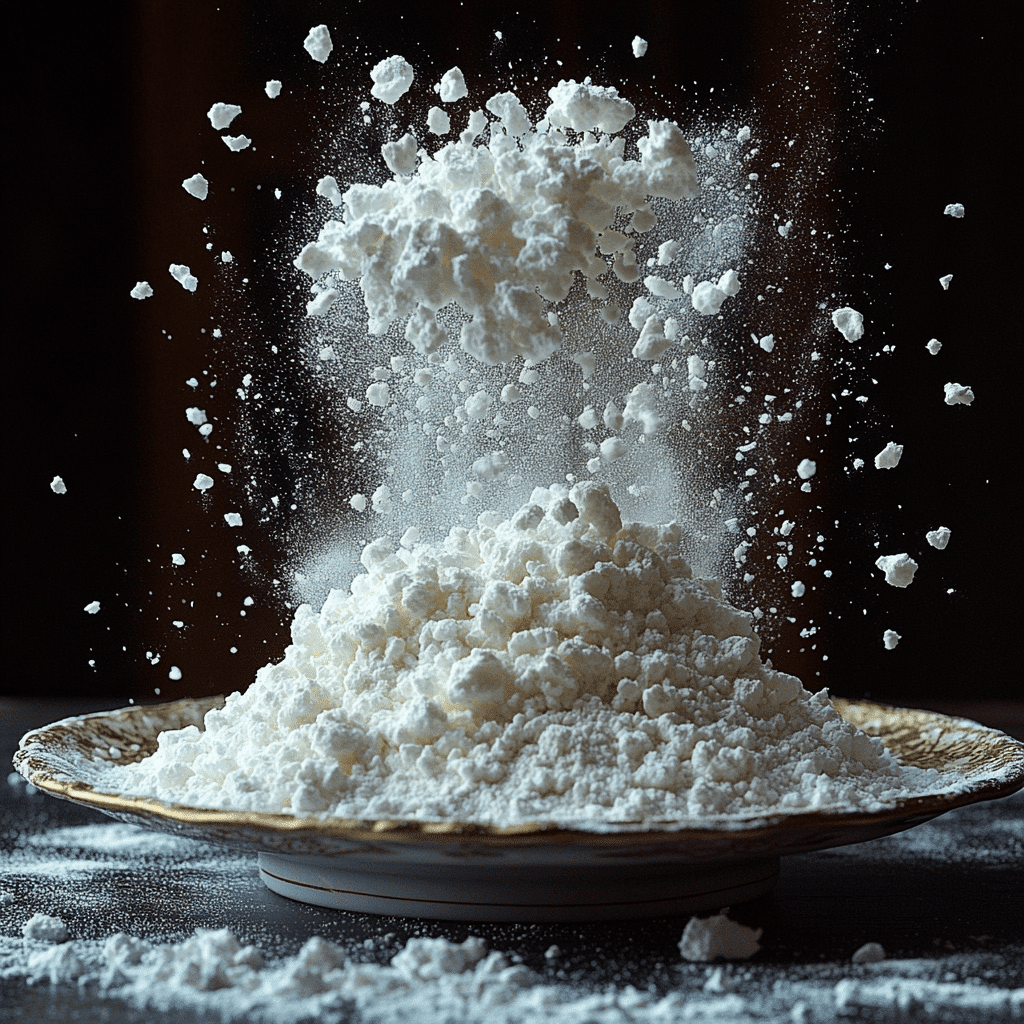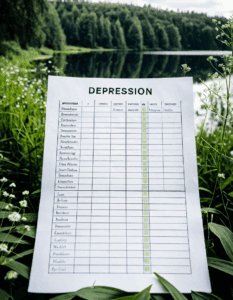What Happens If You Eat Cocaine: Health Risks and Consequences
The Illusion of Benefits
Cocaine is often glamorized in media and societal circles for its exhilarating, short-term effects. Users may experience heightened alertness, euphoria, and increased confidence—benefits that tempt individuals to experiment with the substance. High-profile professionals like investment bankers, artists, and celebrities have been reported by outlets such as Vanity Fair and Forbes to use cocaine to maintain alertness and enhance performance. But what is often overlooked are the cocaine’s risks, especially when ingested orally.
Misguided Notions About Utility
While some users and advocates might cite improved productivity and social prowess as reasons for cocaine use, these short-lived benefits are overshadowed by the substantial risks involved, particularly when the drug is ingested. Let’s explore why the ingestion of cocaine is perilous and not the miracle solution some may believe it to be.

Can You Eat Cocaine? Immediate and Long-term Effects
Short-Term Impact of Ingesting Cocaine
Eating cocaine results in slower absorption compared to snorting or injecting, but this does not imply a safer route of consumption. Studies reported by the Mayo Clinic have shown that oral ingestion can lead to severe gastrointestinal distress—nausea, vomiting, and extreme abdominal pain. Real-life reports from hospital emergency departments, like those compiled by the National Institute on Drug Abuse, often detail cases of users experiencing acute toxicity, characterized by rapid heartbeat, intense paranoia, and seizures. Unlike other methods of drug use, ingesting cocaine can delay the onset of symptoms, leading to dangerous delays in seeking medical help.
Long-Term Health Risks
Long-term consequences are dire as well. Cocaine is known for its high addiction potential, and ingestion can lead to regular, compulsive use. Over time, habitual ingestion can cause severe damage to the digestive system, including ulcers and perforations. Research by the Cleveland Clinic highlights a high incidence of chronic cardiovascular conditions, ranging from heart arrhythmias to fatal myocardial infarction among regular ingestors. It’s clear that the risks far outweigh any perceived benefits.

| Aspect | Information |
| Immediate Effects | – Numbness in mouth and throat |
| – Increased heart rate and blood pressure | |
| – Hyperactivity and agitation | |
| – Euphoria or intense pleasure | |
| – Pupil dilation | |
| Short-Term Risks | – Potential choking hazard if swallowed in powder form |
| – Severe gastrointestinal issues: nausea, vomiting, and abdominal pain | |
| – Risk of overdose: cocaine is absorbed more slowly when ingested, leading to delayed effects and potential overdose if more is consumed | |
| – Increased risk of severe cardiovascular events: heart attack, stroke, or seizures | |
| – Hyperthermia (elevated body temperature) | |
| Long-Term Risks | – Development of addiction or dependence |
| – Persistent cardiovascular issues: chronic hypertension, aneurysms | |
| – Gastrointestinal complications: ulcers, perforation of stomach lining | |
| – Neurological damage: cognitive deficits, emotional disturbances | |
| – Risk of deadly infections from ingestion equipment (if applicable) | |
| Legal Consequences | – Possession and use of cocaine are illegal in most countries |
| – Legal repercussions: fines, imprisonment, criminal record | |
| First Aid & Response | – Do not induce vomiting |
| – Seek immediate medical attention | |
| – Provide supportive care: monitoring vital signs, ensuring open airway | |
| Prevention | – Education on the dangers of cocaine use |
| – Counseling and support for those at risk of substance abuse | |
| – Access to addiction treatment programs and resources |
Smoking Coca Versus Eating Cocaine
Traditional Use of Coca Leaves
Coca leaves, traditionally used by indigenous people of the Andes for centuries, bear a striking difference from processed cocaine. Chewing coca leaves or making coca tea, a practice still prevalent among rural Andean communities, provides mild stimulant effects and nutritional benefits without the harsh pharmacological effects of synthesized cocaine. UNESCO recognizes these practices as part of cultural heritage in Bolivia, showcasing how indigenous traditions use the coca plant responsibly.
The Dangers of Modern Cocaine Consumption
In contrast, modern cocaine, derived through complex chemical processes, contains highly concentrated alkaloids which pose severe health hazards. The transition from natural coca use to cocaine ingestion has seen individuals suffer markedly higher rates of dependency and health deterioration. For instance, users reported in journals like the ‘Addiction Science & Clinical Practice’ underline elevated instances of neuropathy and irreversible cognitive damage.
Real Stories: The Human Toll of Cocaine Ingestion
Case Study: The Tragedy of DJ AM
A notable case is that of DJ AM (Adam Goldstein), whose struggle with addiction speaks volumes about the risks associated with cocaine. Despite his successful career and public persona, DJ AM’s story, chronicled in his own statements and reports from the Los Angeles Times, paints a harrowing picture of how cocaine ingestion exacerbated his addiction, leading to multiple health crises and, ultimately, his untimely death.
Insights from the Medical Field
Emergency physicians in urban hospitals frequently encounter young adults who ingested cocaine under the misconception that it would yield safer or less addictive outcomes. Dr. Ruchi Dhawan of NYC Health + Hospitals highlights that among her patients, inadvertent overdose through overlapping consumption methods is common, resulting in costly medical interventions and, unfortunately, fatalities.
Reflecting on Cocaine Ingestion: A Warning
Understanding the perilous nature of ingesting cocaine necessitates a broader awareness of both its immediate and long-term destructive impacts. As explored, initial perceptions of its benefits quickly dissolve into life-threatening risks. Society’s challenge is to dismantle these dangerous myths and cultivate informed communities aware of safer, drug-free alternatives.
The journey to recovery and health requires compassionate outreach and education, cutting through the societal glamorization of cocaine use. Support systems, education, and medical intervention remain crucial pathways to combat the devastating effects of this drug. Let’s commit to spreading knowledge and supporting those in need, recognizing that every effort could save a life.
For further resources, visit MothersAgainstAddiction.org. Together, we can help families navigate the challenges of addiction and provide the support necessary for a brighter, drug-free future.
Don’t let the misinformation about Is cocaine a stimulant or depressant cloud your judgment. Remember, the horrors of an overdose on coke are real and preventable. Always prioritize health and knowledge—your family’s future depends on it.
What Happens If You Eat Cocaine Risks
Immediate Effects
So, what happens if you eat cocaine? Well, it’s a wild ride, but not the fun kind. When ingested, cocaine hits your digestive system first, leading to some gnarly symptoms like severe abdominal pain and nausea. Just imagine getting hit by the Baltimore Ravens’ Odell Beckham Jr. – that’s how hard it hits you. The substance is then absorbed into the bloodstream, similar to other ingested drugs, impacting your central nervous system.
Psychological Consequences
Your mind takes a beating as well. Eating cocaine can lead to intense paranoia, extreme agitation, and hallucinations. The sensation might puzzle you, like trying to understand the DC Defenders schedule without any context. High doses can induce a complete psychotic break, making it difficult to discern reality from illusion. It’s like being in a nightmare you can’t wake up from.
Long-Term Risks
The long-term risks are equally severe. Chronic ingestion can lead to catastrophic cardiovascular issues, liver damage, and severe tooth decay. The damage done can be compared to a beautiful cottage house suffering from neglect – the more you let it go, the worse it gets. Plus, cocaine is known for its addictiveness, making it hard to escape its clutches once you’ve started.
An Unforgiving Substance
Eating cocaine is not a game. It’s crucial to recognize the dangers and avoid trivializing the substance. Similar to how fans eagerly await the Blue Lock Season 2 release date, ensuring you’re informed about these risks could be the difference between a single bad decision and a lifetime of regret. Many wonder,What Does cocaine smell like? but the real concern should be understanding its lethal potential, especially when ingested.
So, next time you’re tempted to experiment or know someone who is, remember – it’s not worth the risk. Stay safe, and keep this knowledge handy to help others make informed choices.





























